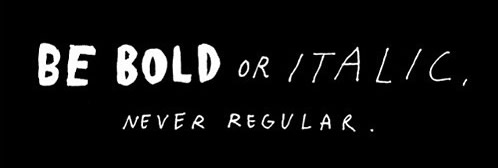Harare’s mean streets
Monday, May 13th, 2013 by Marko PhiriThere is always something of a culture shock each time you move to a new city, whether it’s a bustling metropolis or a small city the kind where everyone knows everyone.
And for me returning to Harare after having lived here a decade ago is something that I am treating with a little trepidation.
After all, so much has changed in the past decade, from the growing population to the deluge of ex-Japanese vehicles clogging the streets.
Nothing has changed in the form of government and governance, but this is an obvious story that has been rehashed for so long it has become tedious because apparently the more you curse the oligarchs, the more they dig in, so why give yourself an ulcer.
I travelled in a kombi from Westlea to the city centre and felt choked by the traffic gridlock and watched as the kombi driver assumed a Formula One persona and I could only ask a friend how the motorists escaped the wrath of road rage.
Yet it seemed to me everyone here has accepted this – albeit grudgingly – as a part of their daily grind as they attempt to navigate these mean streets during the morning rush to get to work.
It’s something terrible nativising yourself to a life of misery, yet you still have to live with it, after all, there is nothing you can do about it.
I saw a single lane street turned into a four lane autobahn as motorists and kombis competed for space, and the question to ask came naturally for me, perhaps as someone just coming in from another city where the ubiquity of traffic cops cannot be escaped: “Are there no cops along the way?”
And all the way from Westlea to the CBD no green arms waving, signaling the motorists to stop and perhaps try and create order out this chaos. Or in fact fleece a few greenbacks from already enraged motorists.
Yet it is perhaps something to be expected in a big city where a vehicle census would produce numbers that show a rapid growth of cars per capita but very little or nothing in the form of developing the road network to accommodate all these carbon expelling beasts.
I want to imagine that it is not just transport that will keep me in awe in my first week here, because anything else would be a no-no, and as a virtual outsider trying to learn the ways of this host city, it is inevitable to make comparisons with my native Bulawayo and in the process make prejudiced judgments about the big city and its people.










